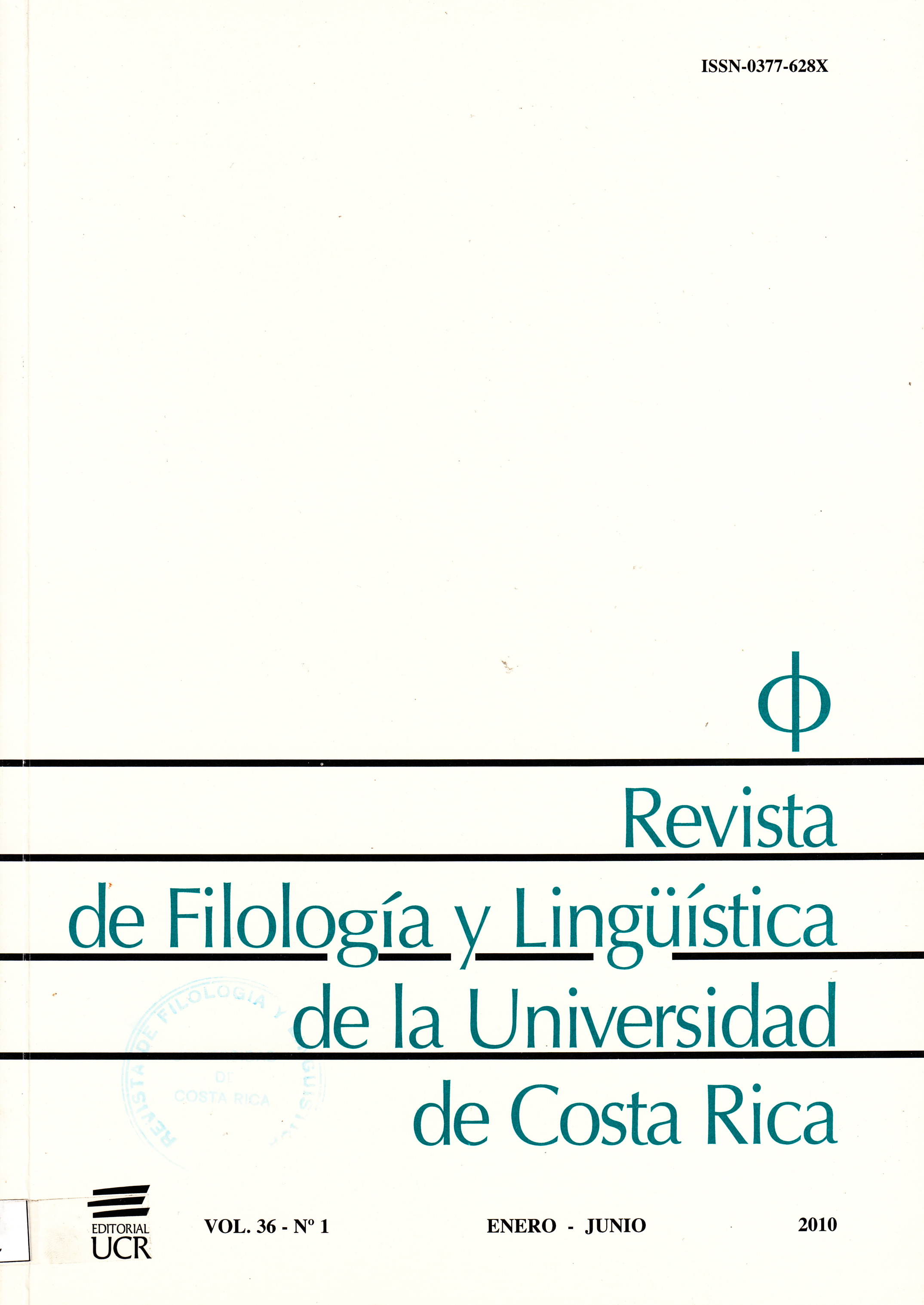Abstract
The following article examines exclusion based on predominant types of identity as a means of violence that sometimes is hidden, obscured, or blurred in discourse. In this case, the manifestations of this type of violence are explored taking into consideration the effects of the European modernity and the colonial processes in the Central American region. In addition, violence is evidenced in texts written by two writers with the aim of revealing the ways of representing exclusion in the post-revolutionary period in El Salvador. Both the literary devices and the style employed by these authors are associated to the systems of degradations discussed by Mijail Bajtín and they illustrate, in diverse ways, the subjectivity of this Central American country.Comments
Downloads
Download data is not yet available.

